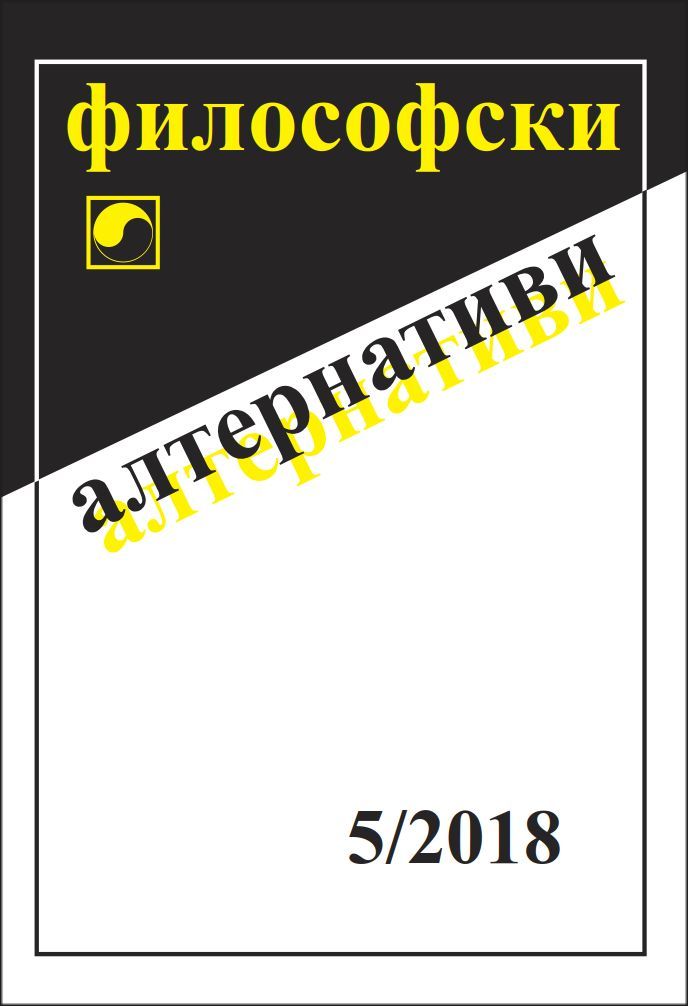Още за парадоксите при избори
Further Remarks on Paradoxes in Elections
Author(s): Martin TabakovSubject(s): Logic, Electoral systems, Politics and society
Published by: Институт по философия и социология при БАН
Summary/Abstract: In Tabakov 2016, I gave a curious example of an unexpected result in the Hare-Nieheimer system: “A situation where, if a political party P increases its votes and the votes for other parties remain the same, the voting results of P will be worse. The number of its elected deputies will be smaller. The publication provoked interest, and the main questions that were put to me were the following:- Is the example really original, cannot other examples be given?- Are there other paradoxes related to electoral practices?- Can some mathematical results (theorems) related to my example be given?- Is it appropriate to call such surprising results "paradoxes"?Here I discuss these four questions. I analyze some paradoxes of majority systems and prove а theorem that gives a sufficient condition for the non-monotony of the largest residue method in the case of a quotient less than 1.I discuss whether a paradox can be interpreted as proof of the non-universality of some principle and the non-existence of an object. Hence, “do real paradoxes exist?“. I propose the following criterion: “the more the principle refuted by the ‘paradox’ is important and necessary to a given theory, and the less successful are the attempts to develop the theory without using this principle, then the more justified it is to remove the quotation marks and consider it a true paradox”.
Journal: Философски алтернативи
- Issue Year: XXVII/2018
- Issue No: 5
- Page Range: 135-146
- Page Count: 12
- Language: English, Bulgarian
- Content File-PDF

